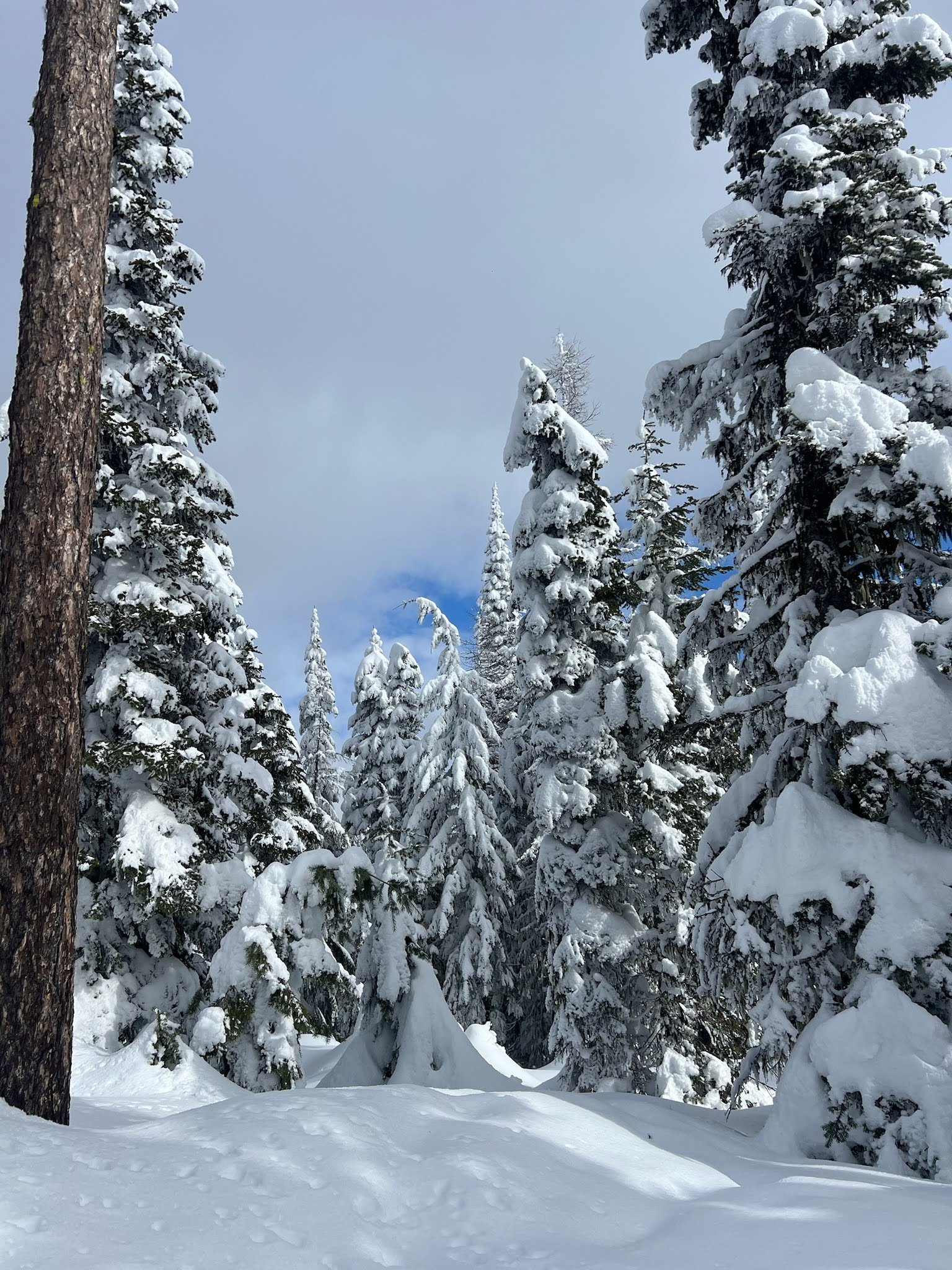Over the last several years, The Lands Council has been fostering the discussion and production of biochar within our Eastern Washington forests.
Sequestering Carbon Through Conversation and Community Burning: Converting Forest Fuels to Biochar
By Adam Gebauer
We all enjoy telling stories around a campfire, but what if that campfire was also a tool to improve timber practices and reduce carbon emissions? The Lands Council partnered with the Kalispel Tribe of Indians and others on a pilot project to reduce forest fuels and transform them to beneficial biochar. These pilot burns were a chance for the forest community to come together and look at the many potentials for biochar on the landscape along with some of the limitations to large scale implementation.
December Biochar Burn
Let's Learn About Biochar
Reducing Forest Fuels with Biochar
By Adam Gebauer
Through a Washington State Commerce Department grant, The Lands Council is engaged in a pilot project to create and use biochar to reduce forest fuels. Eastern and Central Washington have 2.7 million acres of land that are in need of restoration to reduce the chance of large catastrophic fires.
Community Biochar
Thoughts From Our Executive Director | March 2021
Biochar Burn with the Department of Natural Resources
On February 25, 2021, we met with 15 Department of Natural Resources representatives from across the state, just north of Ford, Washington. Our goal was to demonstrate how our modular panel kiln can be assembled around existing piles of residual biomass, often referred to as slash piles. Our demonstration was designed to inform DNR reps on the feasibility of utilizing Biochar conversion to remove residual fuels from the forest, sequester carbon and create a soil amendment to enhance forest health.
Thoughts From Our Executive Director | January 2021
Thoughts From Our Executive Director | December 2020
Welcome to our end of the year newsletter! Despite COVID-19, we have been busy as beavers!
Our efforts to help mitigate and reduce the impacts of climate change are multi-pronged. This year we have constructed beaver dam analogs, protected beaver habitat, planted over a thousand trees, helped Spokane create a climate action plan, and we are helping a regional coalition wind down our fossil fuel supply chain. Almost all of the staff are involved in climate and sustainability issues.












